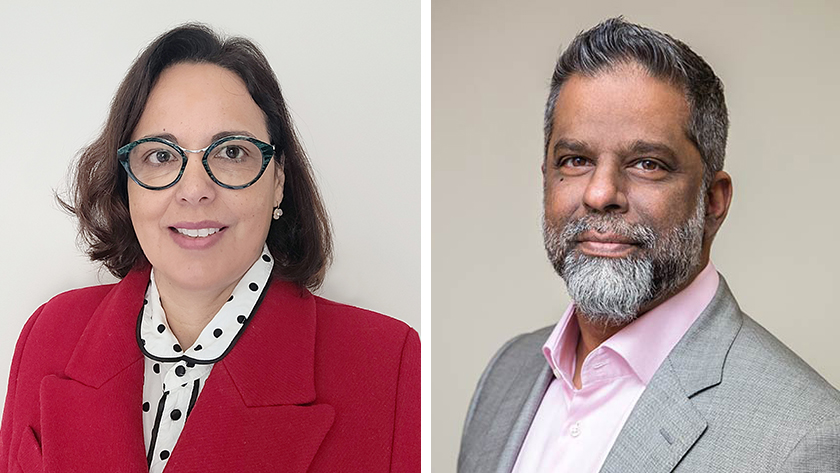
A new study led by researchers at the Schroeder Arthritis Institute has shed light on factors contributing to patient satisfaction following spine surgery.
Doctors often look to patient satisfaction to gauge the success of orthopaedic and other procedures, but satisfaction can be influenced by more than just the results of a procedure.
“Pre-surgery expectations are known to be generally a good predictor of how satisfied a patient will be with elective spine surgery, but expectations are often related to other factors that influence satisfaction, such as expectation fulfilment and reduced pain and disability following surgery,” explains Dr. Raja Rampersaud, a Clinician Investigator at the Schroeder Arthritis Institute and co-first author of the study.
To determine the best predictors of patient satisfaction, Dr. Rampersaud’s team examined how patients’ satisfaction with spine surgery is influenced by a variety of patient factors.
The researchers examined data from over 1,860 patients who underwent elective surgery for spinal conditions, such as disk herniation and narrowing of the spaces within the spine.
Before surgery, patients were asked what their expectations were for the surgery—for example, whether they expected it to reduce pain or improve mobility and independence. Following surgery, patients reported whether their expectations for the surgery were fulfilled. The research team also measured patients’ pain and physical disability before the surgery and one year after the surgery to see if it led to measurable improvements.
Approximately 85% of patients were satisfied with their surgery and over 82% of patients reported that at least one of their expectations was met.
Although individuals with higher pre-surgery expectations were less likely to have their expectations fulfilled, they were more likely to experience reduced pain and disability. One possible explanation for this is that patients with greater expectations have better compliance with pre- and post-surgery treatment regimens, such as rehabilitation, that contribute to outcome improvement.
Fulfilment of pre-surgery expectations was the most influential factor for patient satisfaction. The research team found that if pre-surgery expectations were fulfilled, patients were more satisfied with their surgery, regardless of the measurable outcomes.
“Our findings indicate that we can improve patients’ satisfaction with spine surgery by working with them to minimize the discrepancy between their expectations and the most likely surgical outcomes,” explains Dr. Mayilee Canizares, a Scientific Associate at the Schroeder Arthritis Institute and co-first author of the study. “We hope that this study informs how clinicians approach pre-surgery consultations, not just for orthopaedic procedures but for all elective surgeries.”
This work was supported by the UHN Foundation. Dr. Raja Rampersaud is a Professor of Surgery at the University of Toronto and a Staff Orthopaedic Surgeon at the Toronto Western Hospital.
Rampersaud YR, Canizares M, Perruccio AV, Abraham E, Bailey CS, Christie SD, Evaniew N, Finkelstein JA, Glennie RA, Johnson MG, Nataraj A, Paquet J, Phan P, Weber MH, Thomas K, Manson N, Hall H, Fisher CG. Fulfillment of Patient Expectations After Spine Surgery is Critical to Patient Satisfaction: A Cohort Study of Spine Surgery Patients. Neurosurgery. 2022 Apr 22. doi: 10.1227/neu.0000000000001981.

Clinicians can improve patients’ satisfaction with spine surgery by assessing pre-surgery expectations and ensuring that they align with likely surgical outcomes.




